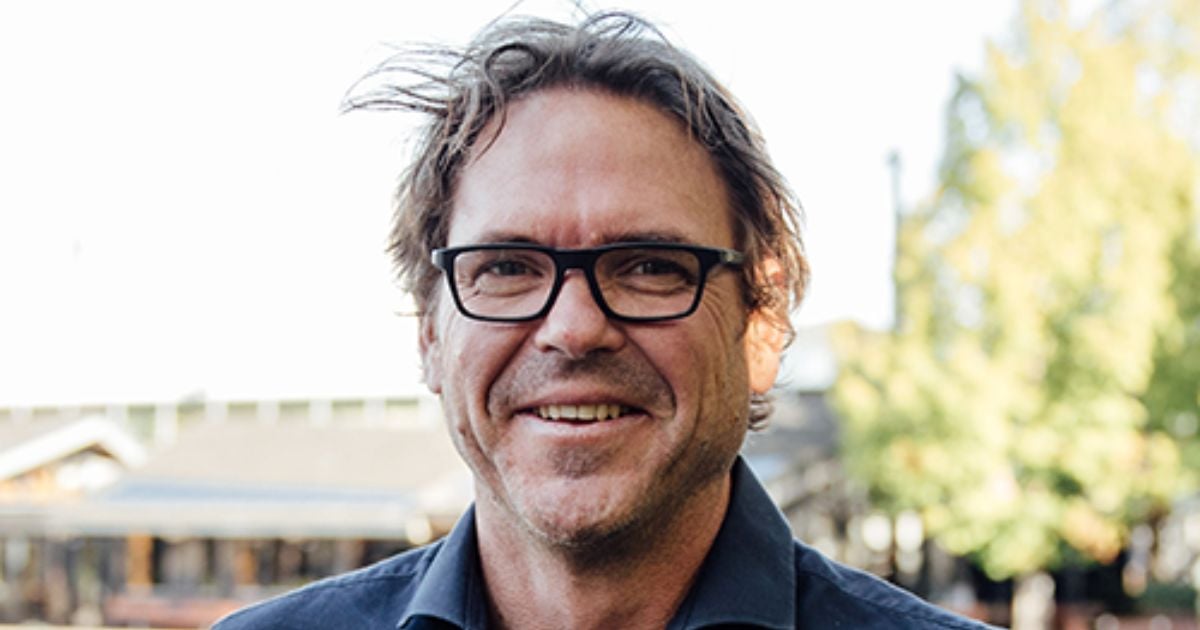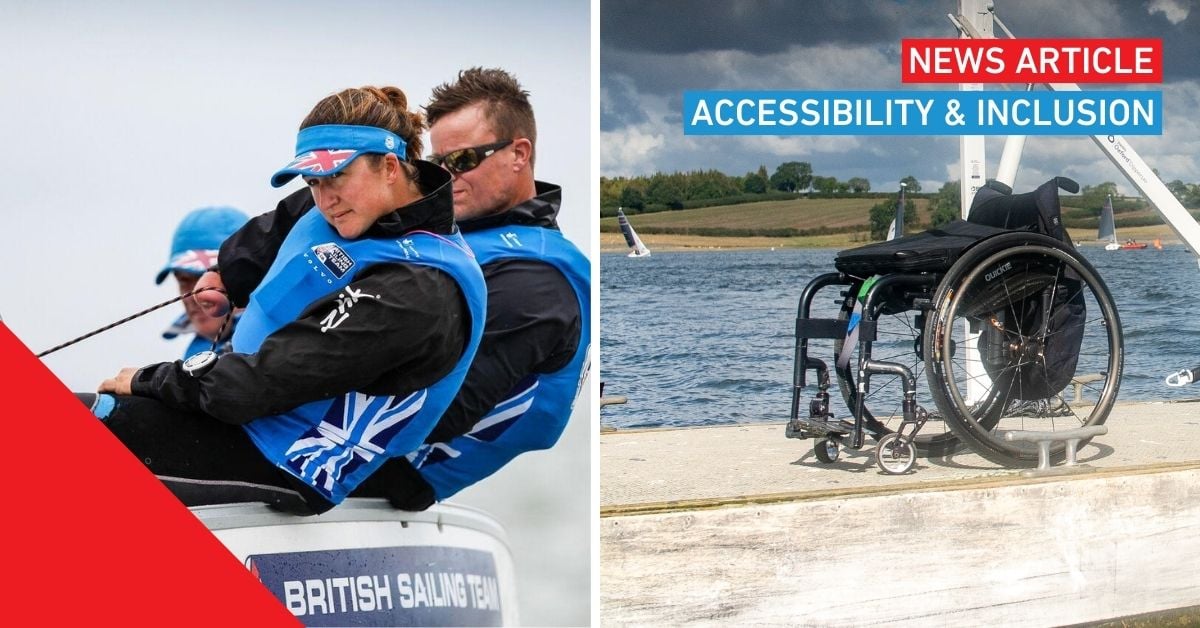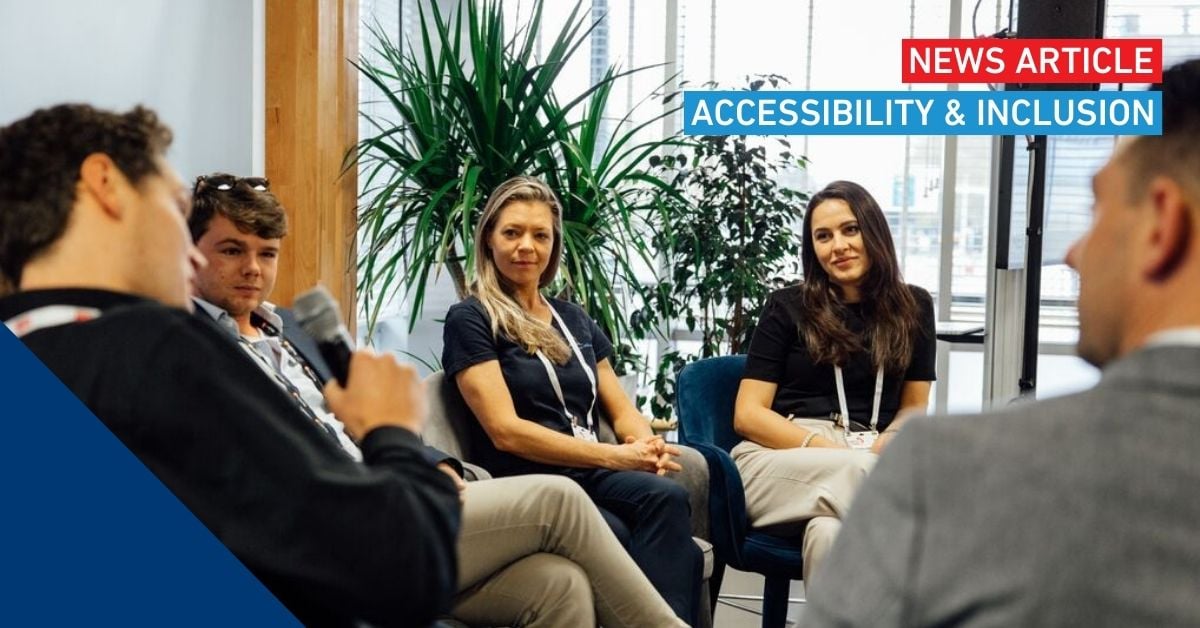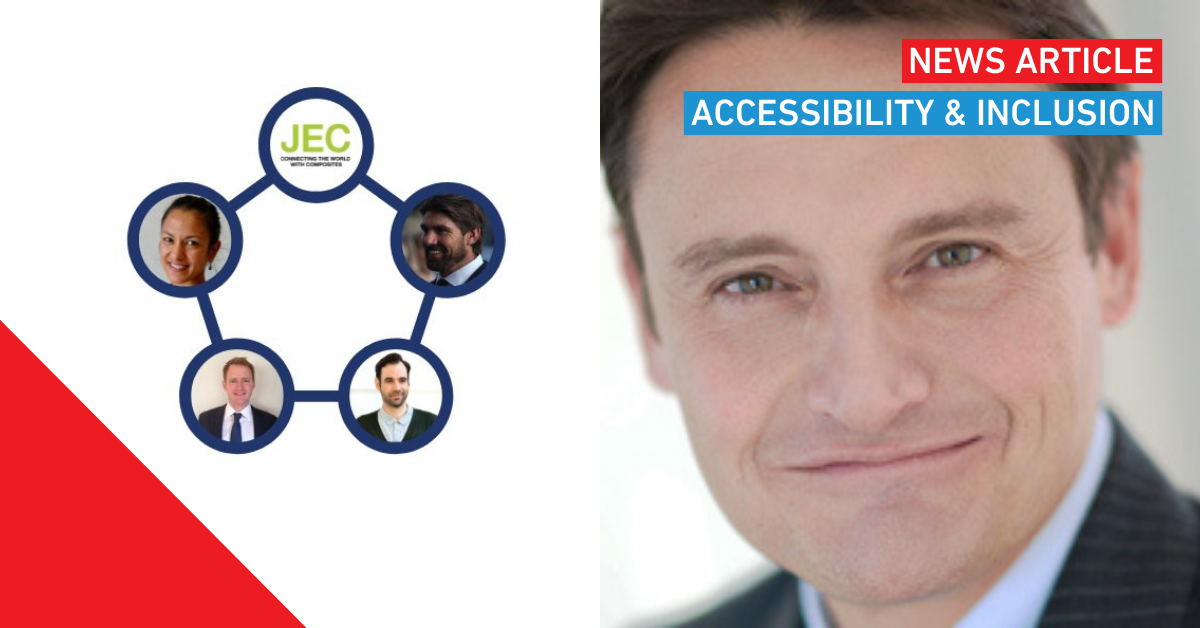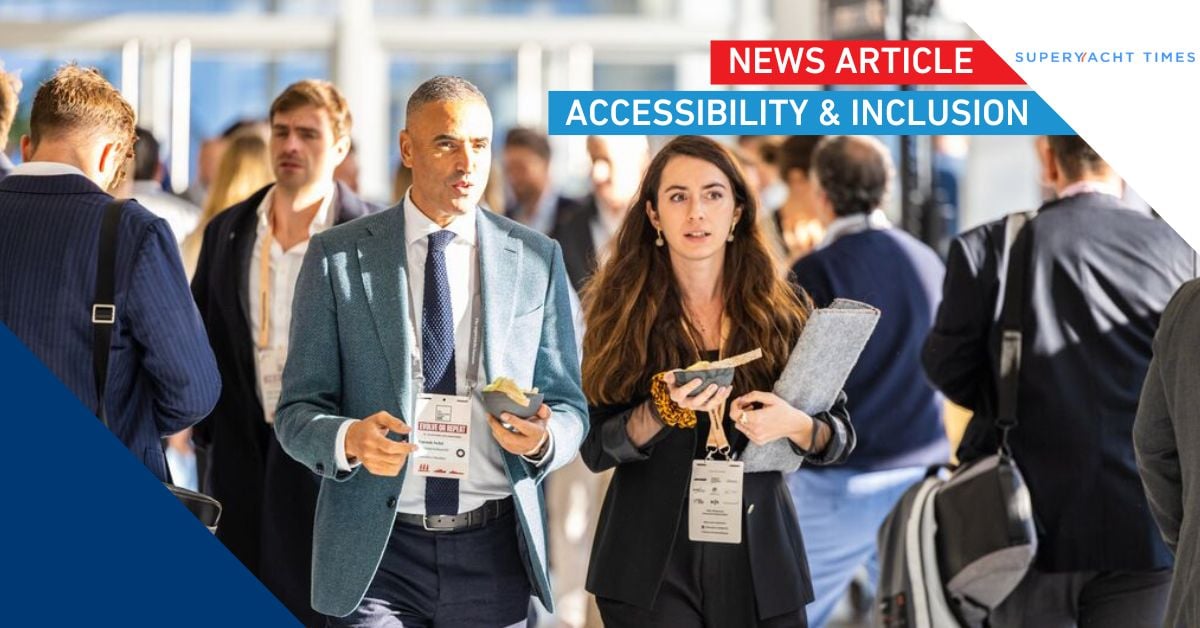Researching a reasoned path to decarbonisation
The first day of METSTRADE 2023 will see the launch of a long heralded and much needed study into decarbonising marine leisure propulsion. ICOMIA Technical Consultant Patrick Hemp speaks with Kim Hollamby to explain its background and importance in helping the industry plot an achievable path to net zero.
Decarbonising yachting sounds like a standardised mission with the attendant risk that decision-making bodies such as national governments and international organisations see the objective as addressable by a singular approach. However, as any reader of this blog will know, the leisure marine sector comprises many smaller niches, covering a very wide range of vessel types, sizes, and mission profiles. Ahead of the research most players already agree one-size-fits-all is not the right path to a more sustainable future across the whole industry.
Marine industry associations (MIAs) and their member companies need more intelligence to inform net zero planning as they face the sector’s largest revolution since the advent of fibre reinforced plastic mass boat production. That pressing requirement for insight prompted ICOMIA (the International Council of Marine Industry Associations) and its Marine Engine Committee (IMEC) to commission a Life Cycle Assessment (LCA) and Decarbonisation Study.
Several potential research partners were considered before the work was contracted to global strategic, environmental, and engineering consultancy Ricardo. With more than 3000 staff working across 23 countries on eight key markets including transport and mobility, this company had already worked with ICOMIA on IMO Tier III Nitrogen Oxide (NOx) emission studies. It also had a formidable wealth of knowledge to draw on when researching Life Cycle Assessments (LCAs) – invaluable for an industry where the data is often not complete or even available.
“We needed to quickly identify what the recreational marine sector is going to need in coming times and understand the supply chain challenges,” ICOMIA Technical Consultant Patrick Hemp states. “The decisions we make today may take years to come to fruition. The study is an investment of more than €300,000, cost-shared by IMEC and the ICOMIA MIAs. The funding had to cover not only Ricardo’s involvement but also scrutineering by three independent assessors. We think no single country would have been able to commission a study of this authority.”
Scope of the study
The study is focused on small craft up to 24m length, in EU and US markets. Despite the difficulties and assumptions involved projections have been made out to 2035, based on the best available data. An initial objective of analysing three boat styles proved inadequate to cover the market and evolved into a plan to examine nine:
- Personal water craft
- Inflatable boat
- Runabout / day cruiser
- Pontoon boat
- Inland waterway vessel
- Sailing yacht
- Fishing boat
- Displacement motorboat
- High performance motorboat
While it considered basic materials used in hull and superstructure construction, the study predominantly focused on boat propulsion systems and identified five options:
- Baseline – diesel and gasoline
- Sustainable fuels (e-gasoline and HVO)
- Hybrids
- Pure battery electric
- Hydrogen (fuel cell or IC engine)
A comprehensive LCA was then conducted across the nine boat types with the ultimate objective of assessing the overall suitability of the five propulsion options for each of them. Attributes considered were:
- Global Warming Potential (GWP) per nautical mile of each vessel
- Craft Total Cost of Ownership (TCO) – purchase and operational
- Commercial Readiness Level (CRL) of power system/ technology
- Expected availability of energy carriers / fuels in marinas
- Range in nautical miles
- Performance of power systems contains weight difference compared to current vessel displacement, stability, charging/ refuelling speed, top speed, manoeuvrability and noise, vibration, and harshness (NVH)
- On-board space availability and long-term storage/ winterising considerations
- Maritime safety in craft and infrastructure.
Importance of the results
“This study has covered a lot of ground in a relatively short amount of time,” Patrick confirms. “It was based on Ricardo’s ability to turn it around in six-month window, following which we’ve deliberately taken care to get the summaries right. These high-level findings will be used in Brussels, Washington and elsewhere to make it clear that the industry can't afford a zero emission outright ban in the next few years but does have a well-researched path towards sustainability.”
“The power of ICOMIA is that we won’t just publish the summaries and full results – we will then collaborate with MIAs to focus on what happens next. We’ll need to understand and discuss the results as they relate to global markets and ensure we lobby for the proper support. Then input to ISO standards and the like to ensure they align with changes we will all need to make as we work towards decarbonising yachting.
“Another important aspect is the transparency of the lifecycle assessment tool that Ricardo built – our members can go in and see exactly what the inputs are. If they are not happy with the energy mix that Ricardo used, they can run their own to suit their region or peculiar purposes.&rdquo
No magic bullets
While everyone will need to wait for the global launch of the 350-page study at METSTRADE to discover its findings, it seems certain to conclude there is no magic bullet solution for sustainability in the marine leisure industry. The pointers suggest we must harness a range of solutions and apply the most appropriate ones to each requirement.
Many connected factors will prove influential in years ahead including innovative products, new technologies, changes in consumer behaviour, improvements in recyclability and re-use of materials and global availability of sustainable liquid and gas fuels. It cannot be forgotten that there are already in the region of 50 million craft with combustion engines globally, so there will be a need to focus on the existing fleet as well as new builds.
The Ricardo Life Cycle Assessment (LCA) and Decarbonisation Study will be unveiled at the METSTRADE Theatre on Wednesday 15 November at 1630, with follow-on panel discussions on 16 and 17 November. You can also visit the ICOMIA stand in the Ellicium (Hall 13) to learn more.
Share your stories on leisure marine industry with us
Do you have an innovation, research results or an other interesting topic you would like to share with the leisure marine equipment industry? The METSTRADE website and social media channels are a great platform to showcase your stories! Let us know via metstrade@rai.nl
Are you a METSTRADE exhibitor?
Make sure you add your latest press releases to your Company Profile in the Exhibitor Portal for free exposure.
